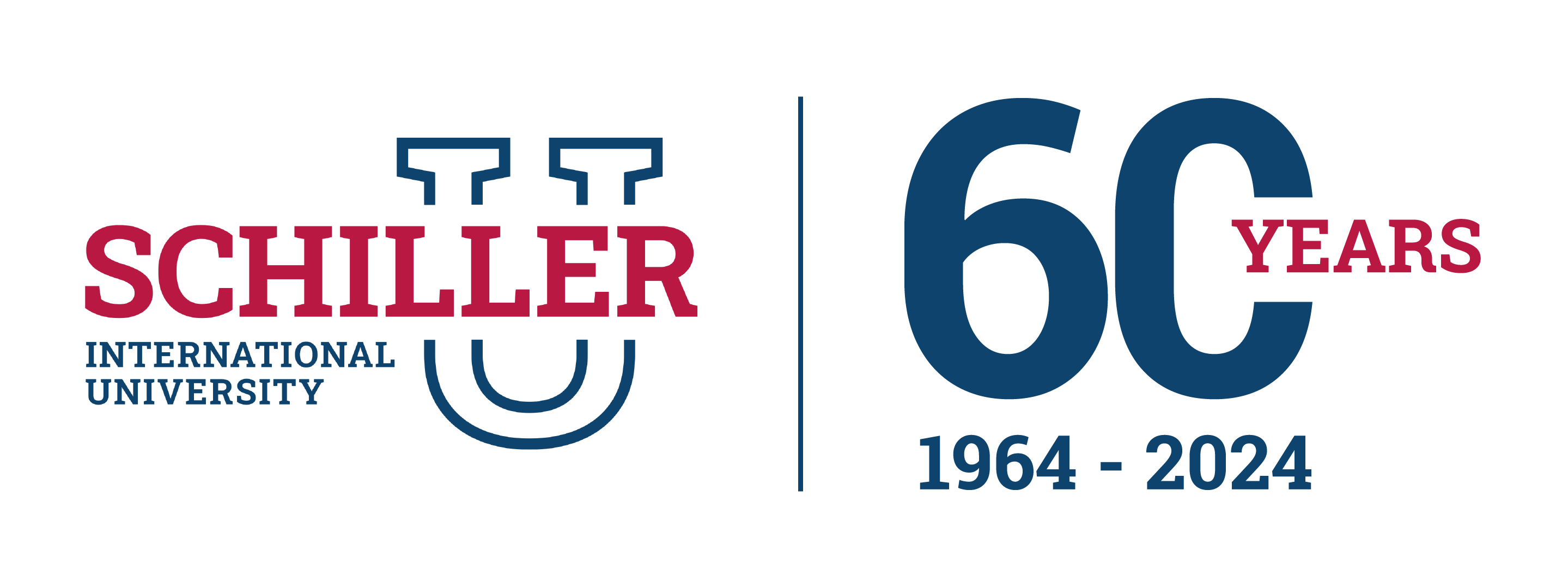Ever wonder what training and career steps are necessary to become a US Foreign Officer? David Van Cleve, Information Officer at the American Embassy in Paris, France, joins SIU to explain the steps he has taken to establish his career path as a US Foreign Officer. Many SIU students are currently studying international diplomacy and one day hope to maybe join foreign services in the future, so we are very fortunate to learn more from Mr. Van Cleve.
At SIU, we are intricately interwoven in the international landscape and are continuously involved in day-to-day occurrences both in terms of business news and the socioeconomic reality that surrounds us and how it affects our lives. We have therefore decided to launch SIU Talks. Led by renowned professionals in various sectors and by specialists in international geopolitics, these talks explore in-depth topics and provide further insight into different areas.
This SIU Talk held a different format, as many students and various individuals were logged in for the presentation and were able to ask questions live at the end of the session. Van Cleve began his talk by giving a broad introduction of his past, including his educational path and his desire to work overseas and also to work for France. He then delves into the process needed to become a diplomat in the American Foreign Services.
Van Cleve states that, in order to become a diplomat in the American Foreign Service, although the process is fairly open and straight-forward, it is long and arduous. The process is a three step process consisting of a written exam, an oral exam and finally obtaining security clearance. The first written exam is highly difficult with only around a 15% pass rate. If an individual manages to pass the written exam, he or she moves on to a full-day oral exam that consists of role play, written texts and individual and group interviews. He mentions that the interviewers are looking for people with a lot of varied skill sets. Once the written exam has been passed, the next step involves obtaining security clearance which takes a long time since it involves top secret clearance. He states that this process may take over a year and then you are placed on a long list and are called depending on how many diplomats are needed at a given time. He also mentions that now it is common for an applicant to need to complete an additional written essay portion that is sent out for review.
Van Cleve then moves on to explain that one usually begins work as a Generalist Officer and can be placed in a myriad of jobs. Early in a diplomatic career, Van Cleve says that an individual generally works in a consular area issuing tourist visas to those who want to travel to the US. There are also Political Specialists that analyze political issues across several countries that then report back to the US. Then, one generally moves into the Public Diplomacy sector which led Van Cleve to relocating to various countries. From Pakistan to France to Singapore to Budapest to Poland to the US, Van Cleve also worked with Joe Biden and Hillary Clinton in the past. He now concentrates primarily on press releases, working with a “classic press” team (newspapers, etc.), a social media team that updates embassy networks, an investigation group and also a group that handles disinformation, tracking misinformation across various media.
The session finalizes with a Q&A Session during which various users were able to ask Van Cleve questions regarding his career. Some ask about the need to learn several languages, others ask him to expand upon the various tests and exams while others seek tips based on Van Cleve’s expertise.
Watch the full US Foreign Officer SIU Talk here.

 Apply Now
Apply Now








